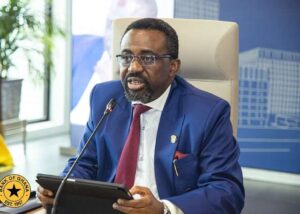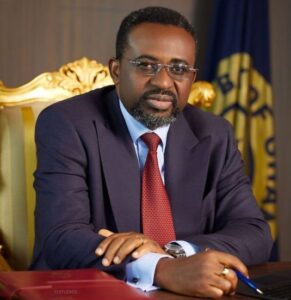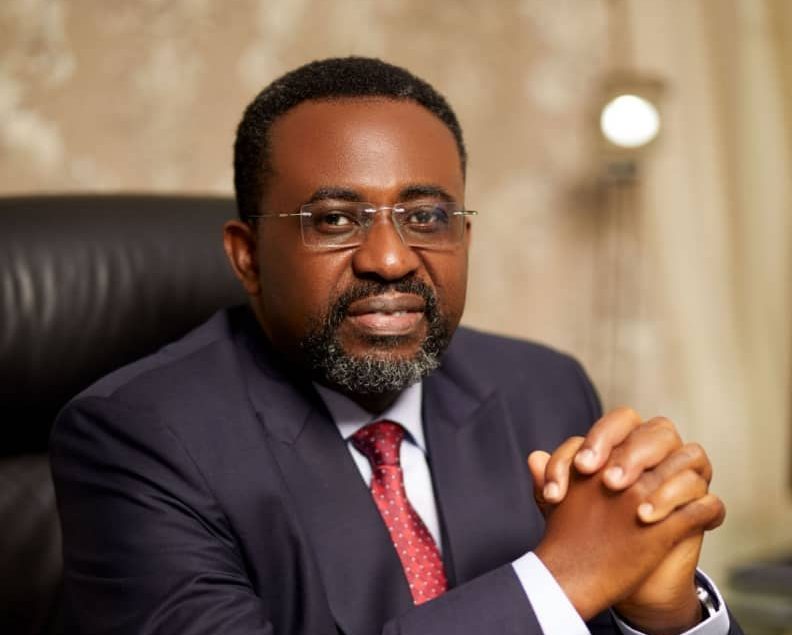Dr Johnson Asiama, Governor of the Bank of Ghana (BoG), has declared that the hallmark of his tenure will be to restore the Ghanaian cedi as the country’s currency of choice and to build a “future-ready” central bank capable of adapting to emerging global financial risks.
Speaking in Washington D.C. during the 2025 annual meetings of the International Monetary Fund and the World Bank, Dr Asiama said that one of his top priorities is tackling the pervasive dollarisation seen in Ghana’s economy, which he described as a structural weakness that undermines monetary-policy effectiveness.
“I want to be remembered for making the local currency the currency of choice,” Dr Asiama said in the interview.
Announcing plans for a celebration titled “Cedi at 60” on 28 October, he explained that the event is intended to mark a new beginning in Ghana’s currency-regime and signal a campaign to encourage exclusive use of the cedi in all domestic transactions.
Dr Asiama, who spent some 30 years in central-banking work prior to his appointment, said his diagnosis is informed by decades of experience witnessing the impact of foreign-currency use within Ghana. “I’ve seen this for many years… the phenomenon has been there and so we are tackling it,” he said.

He explained that when businesses, rents and high-value transactions default to the US dollar rather than to the ghanaian cedi, it undercuts the ability of the central bank to influence rates, inflation and liquidity. He argued that restoring cedi-centric transactions enhances the efficiency of monetary policy and supports macro-financial stability.
Beyond the currency push, Dr Asiama laid out a broader vision for the Bank of Ghana, emphasising the need for institutional agility to respond to fast-changing risks such as fintech innovation and cryptocurrencies.
“What I want to see is a central bank that is ready and able to adapt… We should have the manpower, the agility, the balance sheet to contend with any of these risks as they emerge,” he said.

The governor’s comments arrive at a moment of growing optimism for the currency: the cedi has reportedly appreciated in 2025, prompting praise from business groups.
Still, the task is formidable. Analysts note that dollarisation in Ghana is deep-rooted and changing transactional behaviour will require coordination among government agencies, private-sector actors and foreign-currency earners. Some economists argue that the phenomenon is not merely behavioural but structural, tied to external trade, investment flows and import-dependency.
Implementation will require clear policy instruments: phasing out parallel foreign-currency invoicing, encouraging cedi-denominated contracts, building public confidence in the local unit and ensuring price and exchange-rate stability remain credible.
Dr Asiama’s ambition is strategic for Ghana’s broader economic agenda. With the country committed to exiting the IMF programme in 2026 and seeking to attract foreign direct investment, having a strong and trusted currency is central to competitiveness. The success of his legacy goal will not only depend on exchange-rate management but also on structural reforms that reduce import-pressure, deepen domestic production and strengthen export earnings.
The public message is unambiguous: the Ghana cedi is to be central to Ghana’s financial future. But translating that vision into everyday reality—where loans, rents, salaries and investments are routinely denominated in cedis rather than foreign currency—will define whether Dr Asiama’s name becomes linked with this transformative ambition.
Cedi Erases Q3 Losses, Gains 5% Against US Dollar Over the Week

